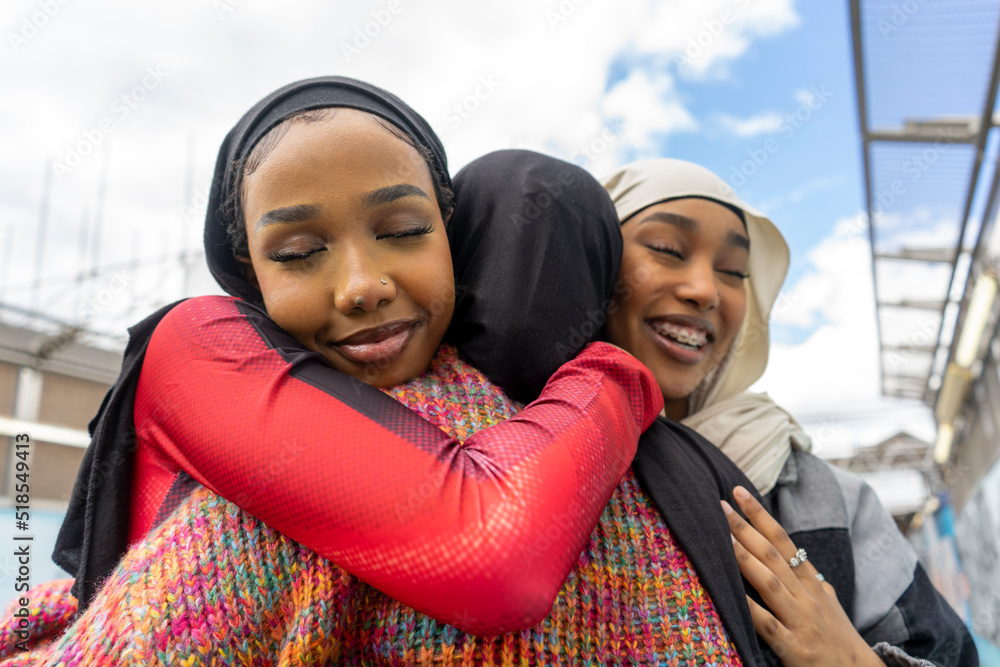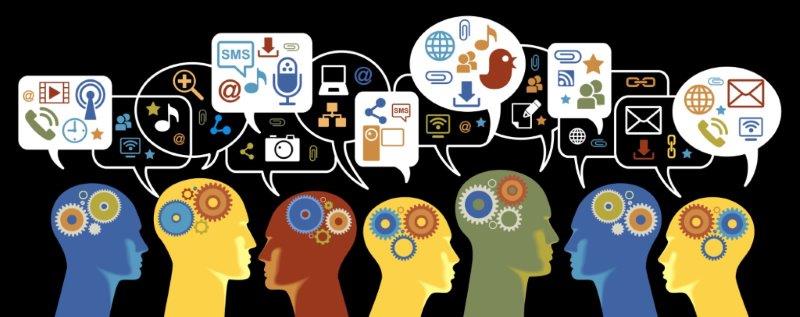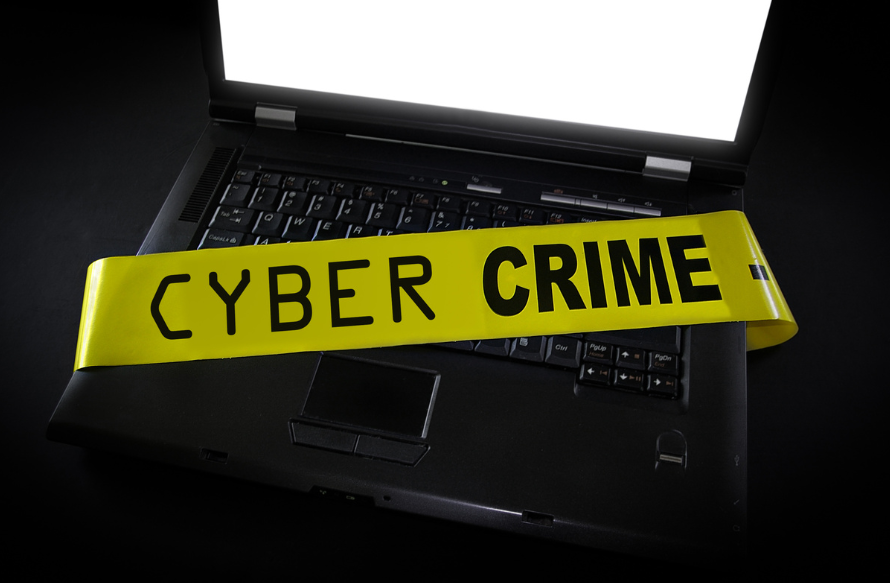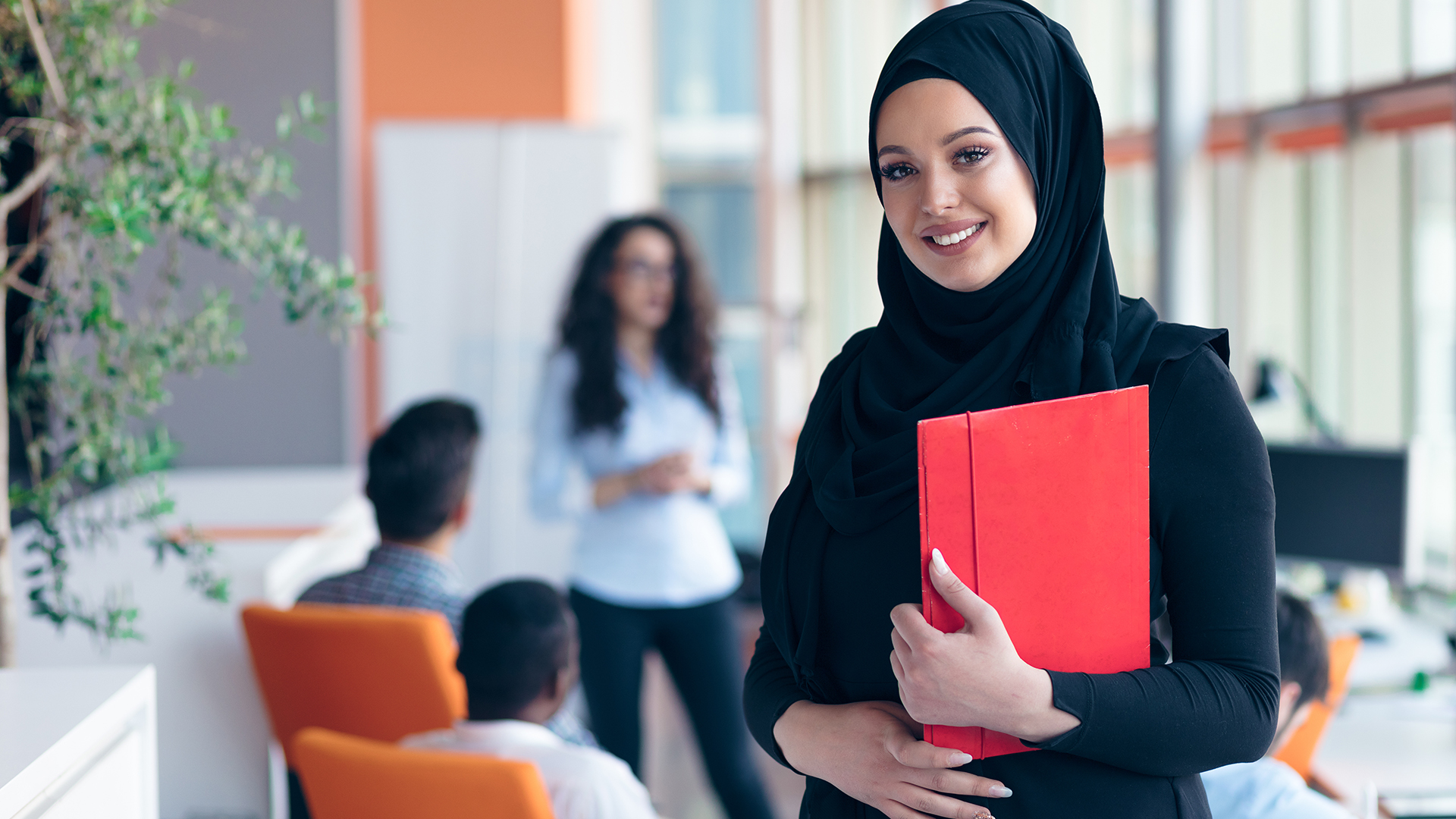Today on the World Day of Social Justice, our projects and research associate Ben Rosie explores alternative licensing and how this can improve access to justice
No two legal jurisdictions are alike. Each faces its own unique problems shaped by social norms, history, and the political and economic environment. However, some issues track across jurisdictions – none more so than access to justice.
The World Justice Project estimates that globally 5 billion people have unmet justice needs[1]. Almost no jurisdiction is immune to this issue with at least one population group being under-served, having access to the wrong services or simply lacking access to the justice system as a whole. Two examples from very different countries illustrate this point well.
In the US a 2022 Legal Services Corporation[2] study shows that 3 in 4 Americans from low-income households had faced some sort of legal problem within the last year[3]. Of these, only 19% sought legal help for the issues they faced, with cost being the most prominent perceived barrier to obtaining help.
Kenya, on the other hand, has a population that has embraced legal solutions outside of the official court system. A survey done by Afrobarometer found that 24% of respondents sought arbitration through a friend or family member, a further 19% used a traditional leader or community support, and only 2% of respondents sought justice through a court or tribunal[4]. Kenya’s access to justice issue is therefore as much about who is providing legal services as it is about accessing them.
Despite the different underlying causes, both jurisdictions have sought to alleviate their access to justice issues in similar ways, by bringing in new providers of frontline legal services.
In the US traditional attorneys are financially out of reach of large swathes of lower and middle income citizens. Alternative licensing is seen as one way of attempting to remedy this issue as it allows individuals who have not followed the traditional legal qualification route with the right to provide some specified legal services. The Minnesota Supreme Court is currently running an alternative licensing pilot scheme to determine whether legal paraprofessionals could alleviate access to justice problems in Minnesota. Beginning in March 2021, the Supreme Court has issued limited practice licenses so these paraprofessionals can represent and advise clients on family law and landlord/tenant law.
Early reports suggest the pilot scheme is having some success in providing legal services for previously un/underserved communities. The Supreme Court’s interim report[5], issued in December 2021 showed 13 paraprofessionals had been issued licenses and generated no complaints about their services. However, as these paraprofessionals are few in number, and can only practice under the supervision of a fully qualified attorney, their impact is inevitably limited.
The Supreme Court’s interim report did however suggest that supervising attorneys of paraprofessionals were positive about the experiment, with some suggesting that their remit be expanded. Most importantly, paraprofessionals themselves noted that over half of their clients would have gone without legal help had it not been for the pilot scheme.
Whilst Minnesota’s experience may seem cautious in the light of initial positive experience, it is nonetheless considered bold in the context of the extremely conservative approach that most US states have adopted to widening legal provision to support access to justice.
Kenya’s experience illustrates the potential benefits of a bolder approach. Much of its legal services are in practice provided in a community setting by traditional leaders providing customary justice. This community justice is more accessible and often more attuned to the cultural expectations of Kenya’s rural population but has, in the past suffered from issues of standardisation, with official bodies having no ability to control the quality of services provided and make sure advice or arbitration is being done following accepted legal principals set by Kenyan courts rather than customary law.
Kenya’s 2016 Legal Aid Act sought to address these issues by recognising these paralegals and properly accrediting them through a process established by the National Legal Aid Service, which was also established by the Act[6].The National Legal Aid Service, in collaboration with Kenyan Section of the International Commission of Jurists, has created a standardised legal curriculum which was introduced in January 2022[7]. Upon completion of the training these community paralegals, or simply ‘paralegals’ as they are in the Legal Aid Act, are provided an accreditation under the National Legal Aid Service permitting them to conduct accredited legal work on their own account.
These community paralegals act as a bridge between the customary and formal justice systems. They are not lawyers, but individuals who can offer basic legal support and education. The National Legal Aid Service can guarantee the support given is based of approved legal principles and is offered by those who have reached a minimum standard of legal education. The National Legal Aid Service is now in the process of ensuring every individual providing legal services within the community has completed the training and achieved an accreditation.
Although the licensing of community paralegals in Kenya will not solve that country’s access to justice problem alone, it does perhaps offer some lessons for States in the US that have been ultra conservative about alternative licensing. Trusted individuals, who are allowed to provide specific legal services unsupervised, after having met essential standards of training for their roles (but no more), can potentially have a far bigger impact on access to justice than existing lawyer/attorney/court solutions. Perhaps, most importantly, such individuals are able to offer justice solutions where and how people feel most comfortable and able to access them.
[1] https://worldjusticeproject.org/our-work/research-and-data/access-justice/measuring-justice-gap
[2] The Legal Services Corporation is a not for profit publicly funded organisation created by the United States Congress to promote equal access to the justice system in the US.
[3] https://justicegap.lsc.gov/resource/executive-summary/
[4] https://www.afrobarometer.org/wp-content/uploads/2022/02/ken_r8._access_to_justice_presentation_12sep20_fin.pdf
[5] https://www.mncourts.gov/mncourtsgov/media/Appellate/Supreme%20Court/Administrative-Interim-Report-and-Recommendations-from-the-Standing-Committee-for-LPPP.pdf
[6] https://namati.org/wp-content/uploads/2019/01/Kenya-Community-Paralegal-Research-Brief-Final.pdf
[7] https://icj-kenya.org/news/launch-of-the-community-paralegals-training-curriculum/




